
The Boyce Thompson Institute (BTI) invites the Ithaca community to Art@BTI, a free event where art, science, and wine will collide. Art@BTI will take place on Thursday, May 31st from 5:00 to 7:00pm.
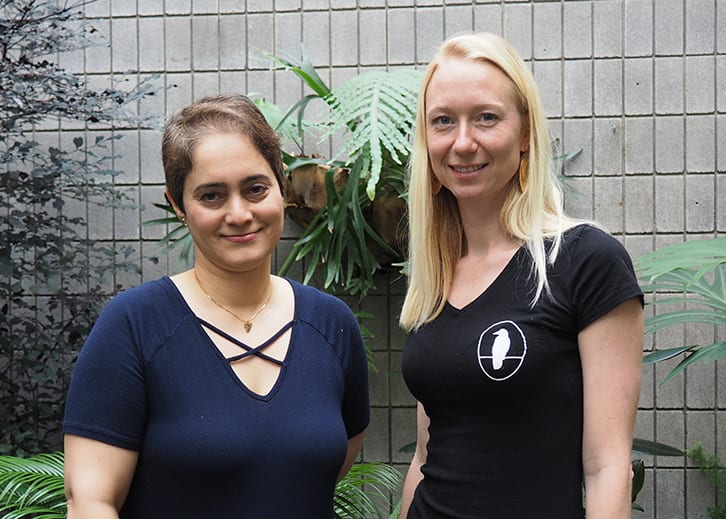
Two researchers from the Boyce Thompson Institute earned 1st place honors at the 2018 Northeast ASPB Section annual meeting. The meeting was hosted by the University of Massachusetts, Amherst, and the theme was Translational Research for Improving Crop Productivity.

Boyce Thompson Institute (BTI) professor Jim Giovannoni has been appointed as the Director of the USDA-ARS Robert W. Holley Center for Agriculture and Health (RHCAH), effective April 15, 2018.
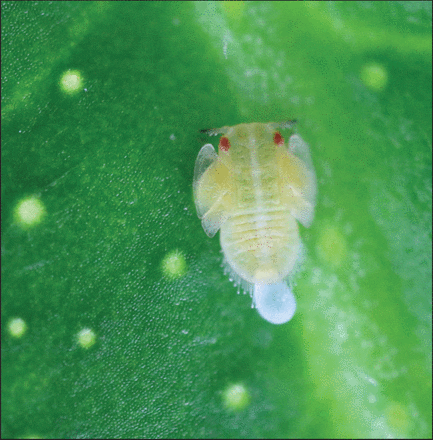
New clues to how the bacteria associated with citrus greening infect the only insect that carries them could lead to a way to block the microbes’ spread from tree to tree, according to a study in Infection and Immunity by scientists at Boyce Thompson Institute (BTI) and the Agricultural Research Service (ARS).
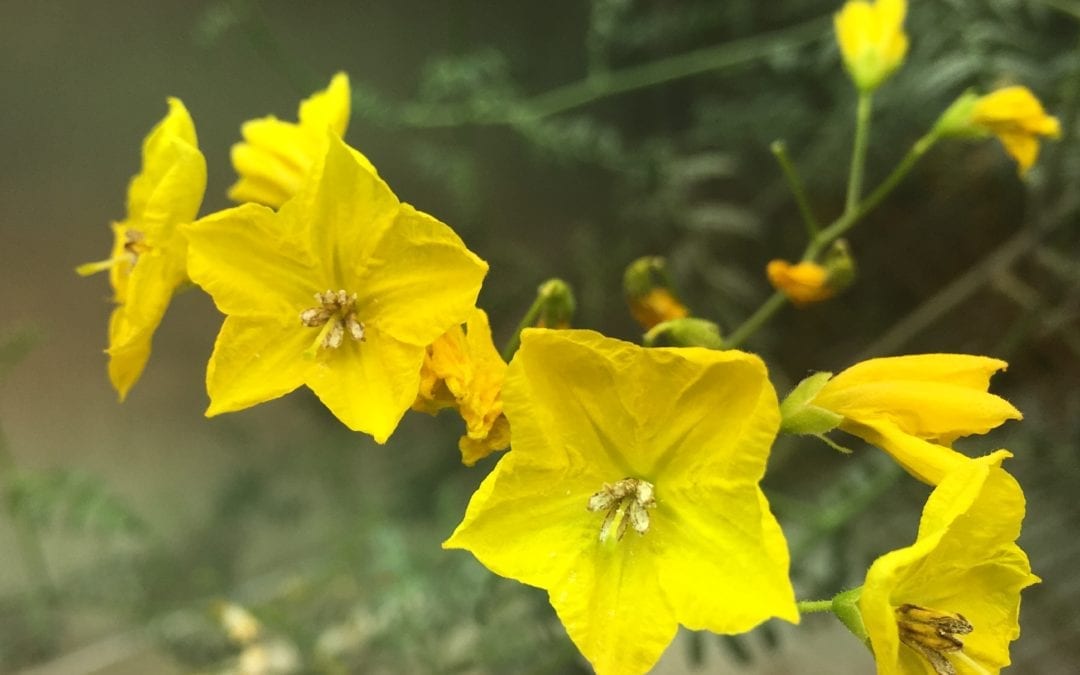
The new S. lycopersicoides genome sequence offers the opportunity for innovative breeding programs that may hold the ability to confer desirable traits to marketable tomato varieties.
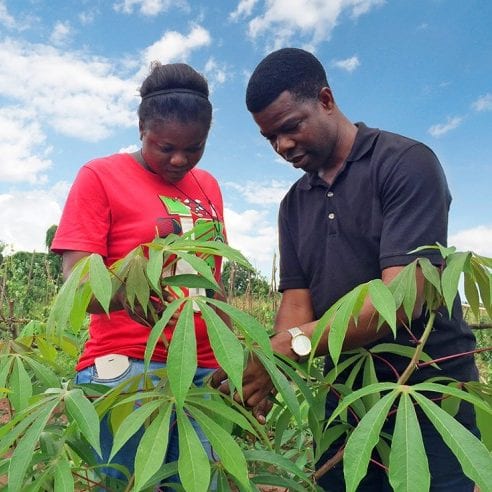
Cornell University and BTI will expand international efforts to deliver improved varieties of cassava to smallholder farmers in sub-Saharan Africa with $35 million in new funding from the Bill & Melinda Gates Foundation and UK aid in the United Kingdom.
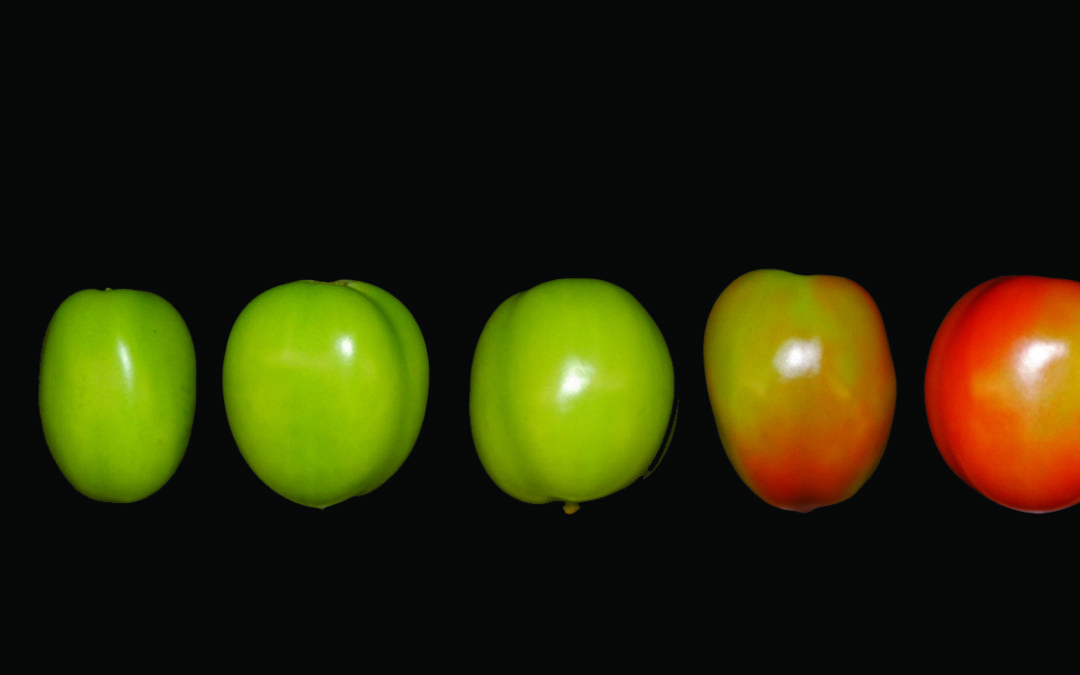
Researchers at BTI, Cornell and USDA published a spatiotemporal map of gene expression across all tissues and developmental stages of the tomato fruit – the genetic information underlying how a fruit changes from inside to out as it ripens. Their data is available in the new Tomato Expression Atlas (TEA).
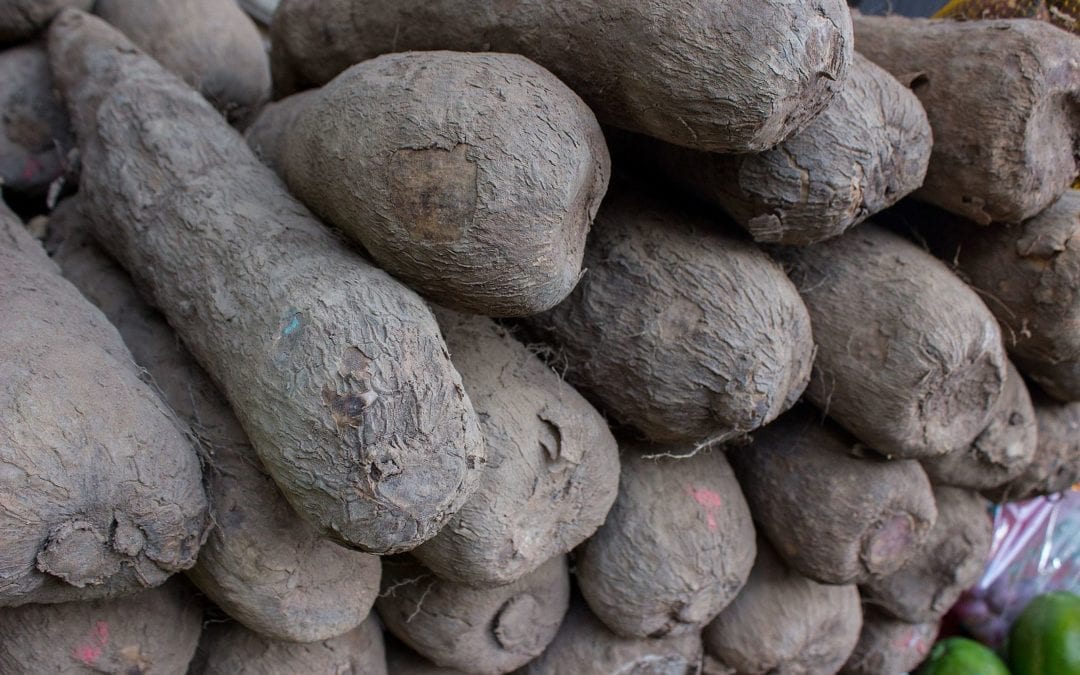
More than 70 participants joined in on the training sessions provided by members of BTI’s Mueller Lab, October-December 2017.
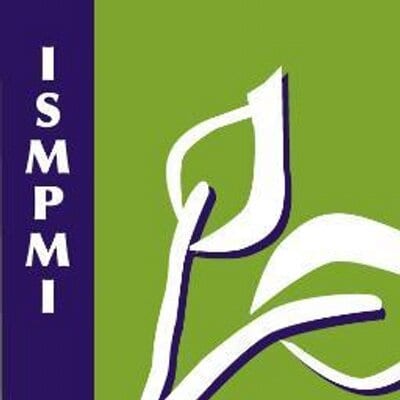
In this IS-MPMI’s interview with Kevin Cope (University of Wisconsin-Madison), Maria Harrison discusses her research on arbuscular mycorrhizal fungi and provides advice to young scientists entering the field.

BTI’s Harrison lab will develop Medicago truncatula mutants to identify the function of genes predicted to be important in nitrogen fixation in legumes.
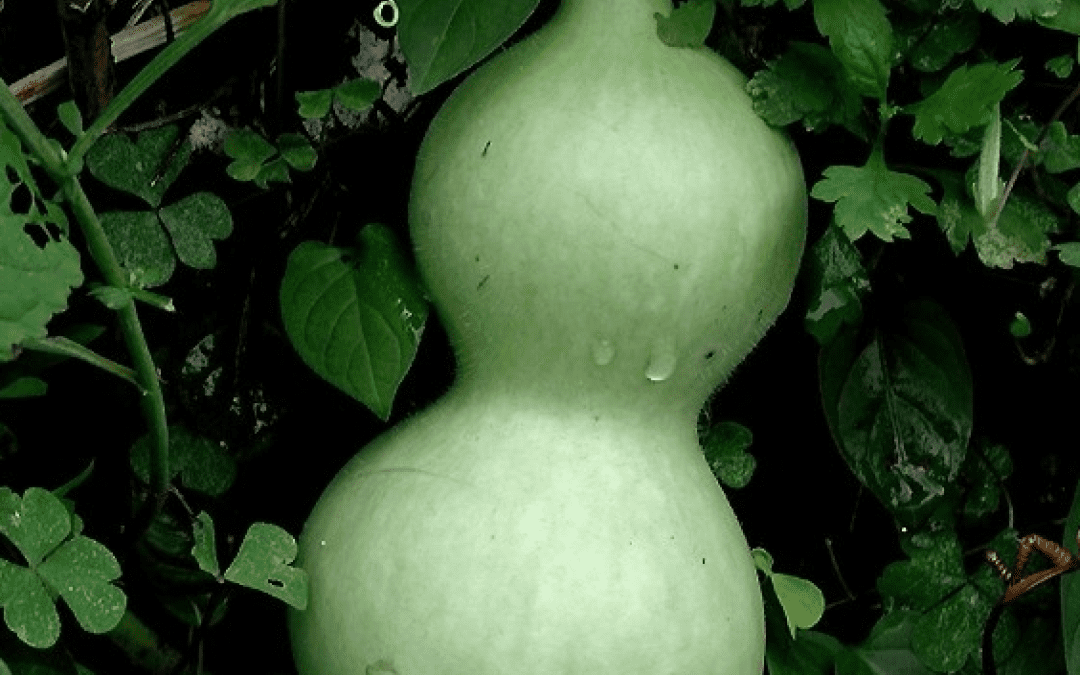
In their findings, researchers compared the sequenced bottle gourd genome to those of other cucurbit species, allowing them to reconstruct the ancient genomic history of the Cucurbitaceae family.

For some, pumpkins conjure carved Halloween decorations, but for many people around the world, these gourds provide nutrition. Scientists at Boyce Thompson Institute (BTI) and the National Engineering Research Center for Vegetables in Beijing have sequenced the genomes of two important pumpkin species, Cucurbita maxima and Cucurbita moschata.
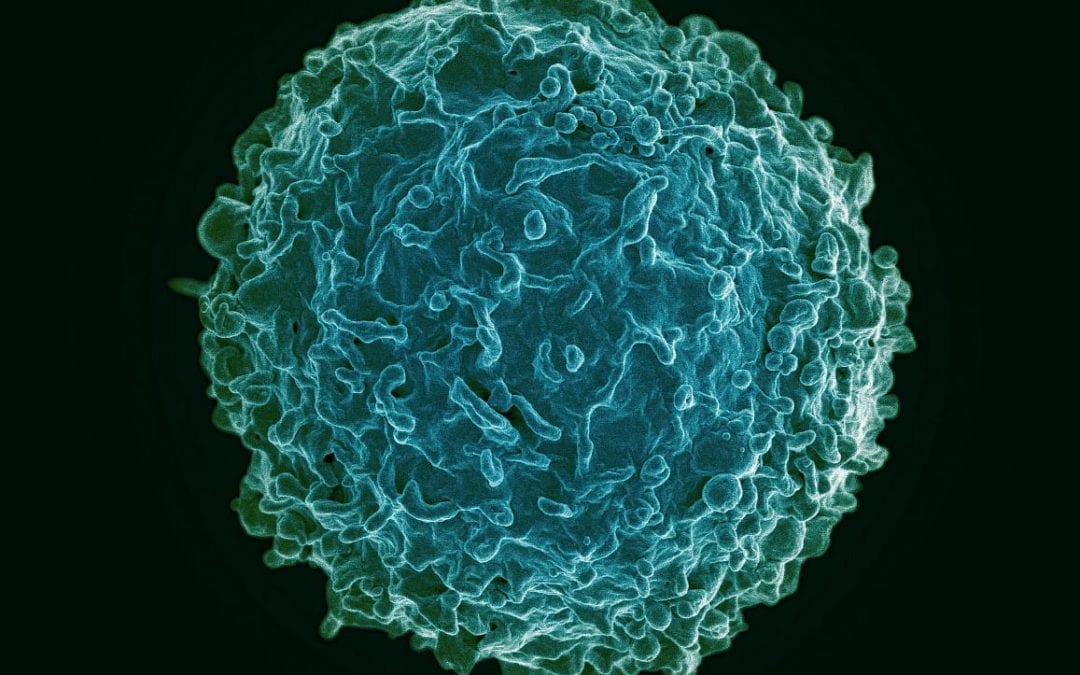
Cornell will receive close to $9.4 million over five years to establish the Cornell Myalgic Encephalomyelitis/Chronic Fatigue Syndrome Collaborative Research Center, which will span Cornell’s Ithaca campus, Weill Cornell Medicine, Ithaca College, the Boyce Thompson Institute [Schroeder Lab], the Workwell Foundation, EVMED Research, the SOLVE ME/CFS Initiative and private ME/CFS medical practices.
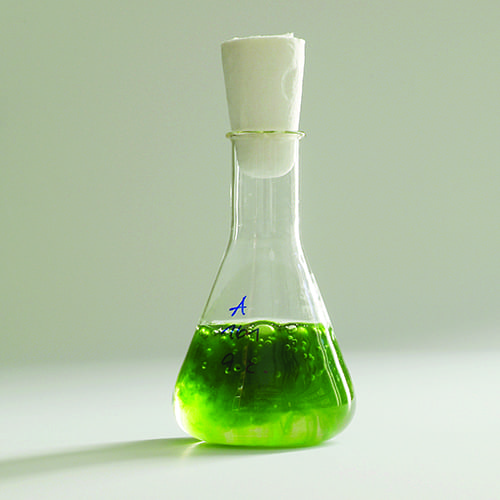
This week, researchers from Boyce Thompson Institute and Texas A&M University report in Plant Direct exciting new technology that may revolutionize the search for the perfect algal strain: Algal droplet bioreactors on a chip.
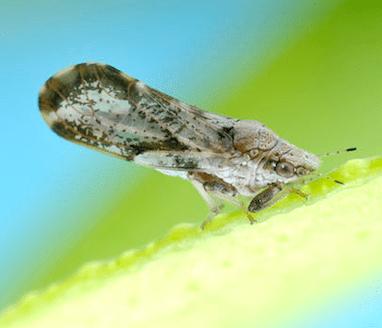
BTI’s Mueller and Heck Labs, in collaboration with 21 partner institutions, recently published a draft assembly and annotation of the D. citri genome.
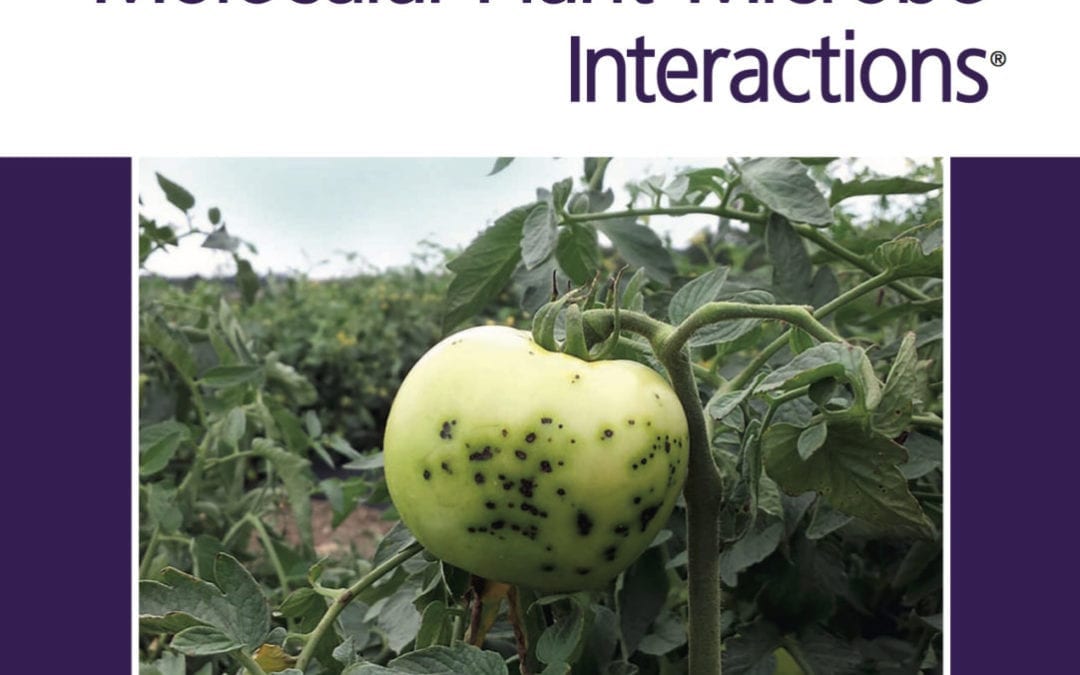
This month, the cover of Molecular Plant-Microbe Interactions features a publication by Simon Schwizer from the Martin Lab at BTI that furthers our understanding of how tomatoes are able to resist infection by Pseudomonas syringae, the causal agent of bacterial speck, a common disease in upstate NY.
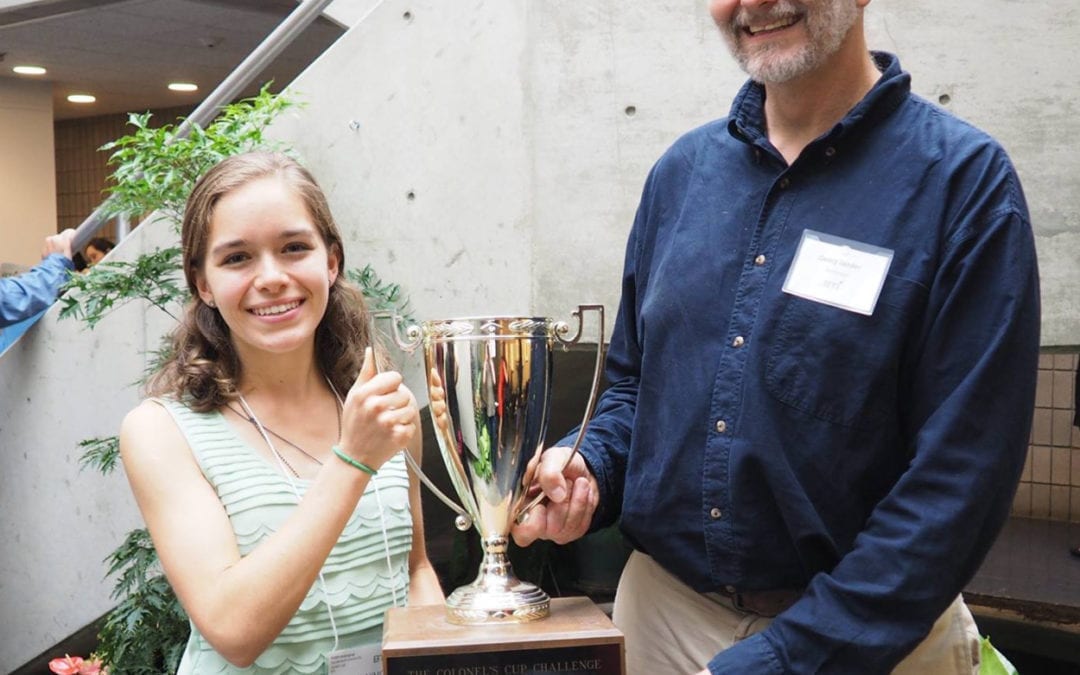
Now in its 16th year, BTI’s annual PGRP symposium provides a means for student interns to to present their findings in a professional, engaging setting.
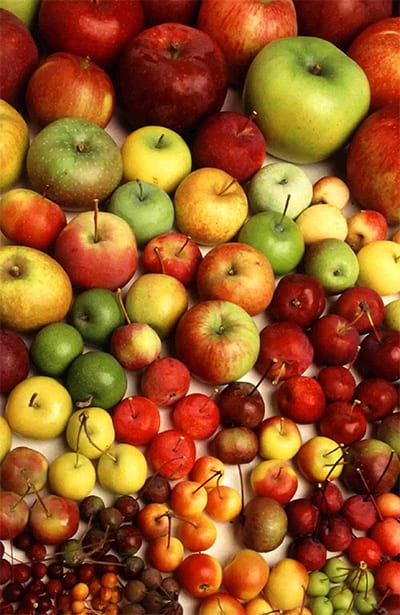
New research out of Boyce Thompson Institute reveals surprising insights into the genetic exchange along the Silk Road that brought us the modern apple.

Follow Science In Real Life (IRL) as they head to the Van Eck Lab and demystify GMOs by showing how they’re made in the lab.

The research project, titled Viruses and Insects as Plant Enhancement Resources (VIPER), is supported by the Defense Advanced Research Projects Agency (DARPA) Insect Allies program.
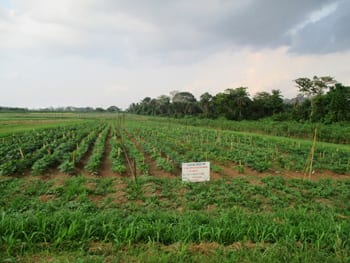
During June and July at BTI, visiting scholars from crop breeding programs in Nigeria, Nairobi, and Uganda have been working closely with researchers in Lukas Mueller’s group to discuss ways to improve the development of online resources related to two of Africa’s most important staple crops: cassava and banana.

BTI’s Georg Jander is leading one of eight research groups selected to receive awards through the Enabling Discovery through Genomic Tools (EDGE) program, overseen by the National Science Foundation’s (NSF’s) Biological Science Directorate.
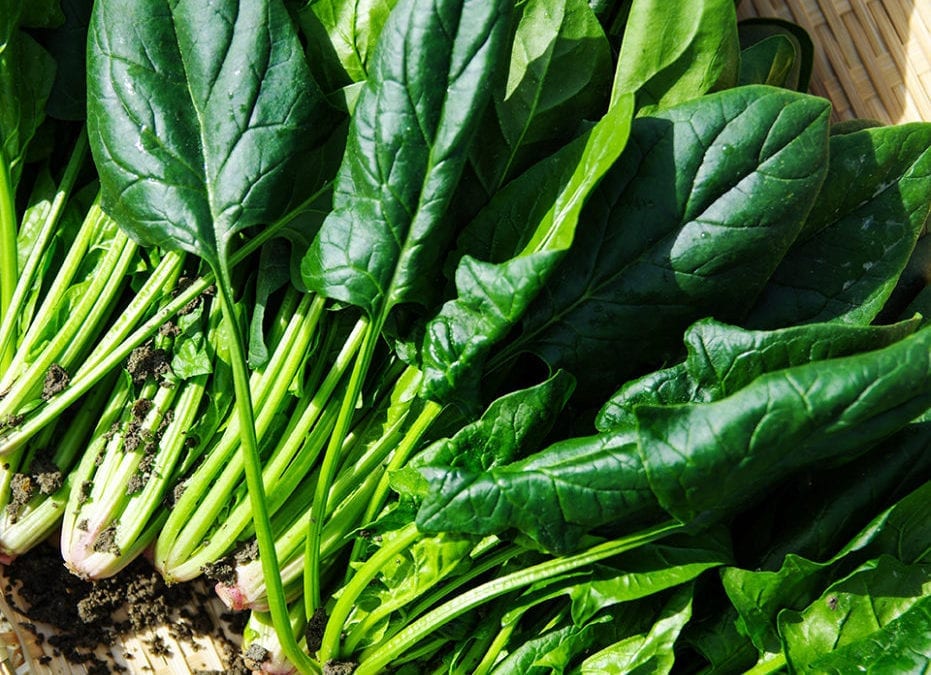
Today in Nature Communications, researchers from BTI and the Shanghai Normal University report a new draft genome of Spinacia oleracea, better known as spinach. Additionally, the authors have sequenced the transcriptomes (all the RNA) of 120 cultivated and wild spinach plants, which has allowed them to identify which genetic changes have occurred due to domestication.
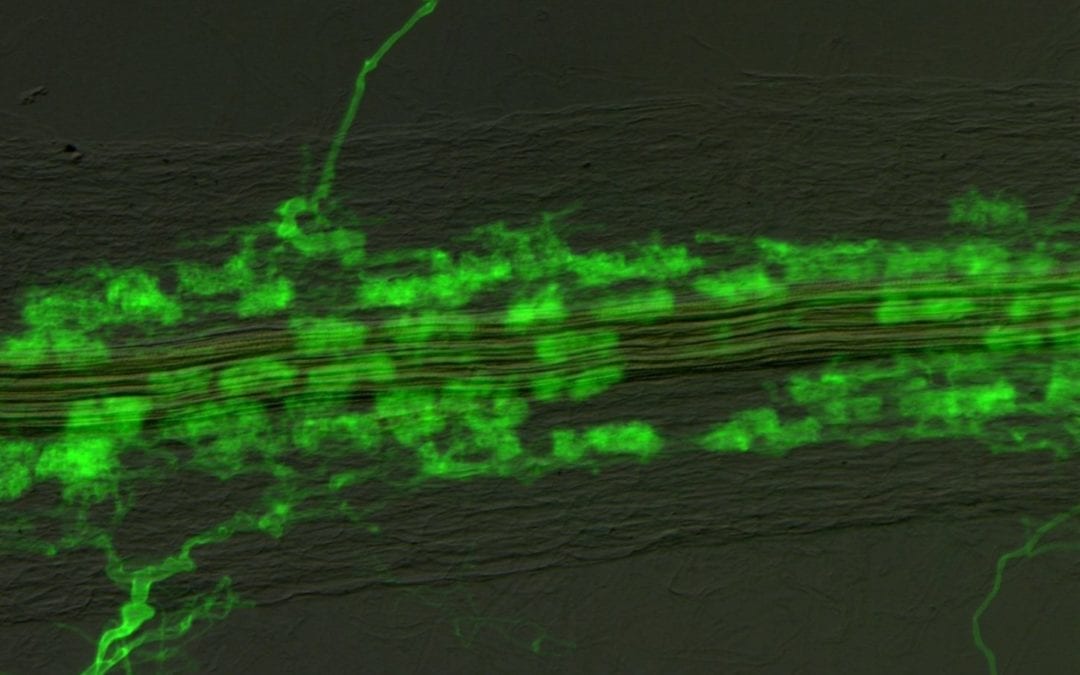
Researchers from the Harrison lab at BTI have identified a transcriptional program that drives arbuscule degeneration during AM symbiosis. This regulation of arbuscule lifespan has likely contributed to the 400MY stability of the symbiosis by preventing the persistence of fungal cheaters.
Researchers from the labs of Dr. Maria Harrison at the Boyce Thompson Institute and Dr. Peter Dörmann at the University of Bonn have produced the first experimental evidence to suggest that AM fungi also get lipids from the plant. AM-induced FatM and RAM2 may play specific roles in the biosynthesis of 16:0 βMAG, which cannot be produced by the fungus, providing a clue to understanding the obligate nature of AM fungi.
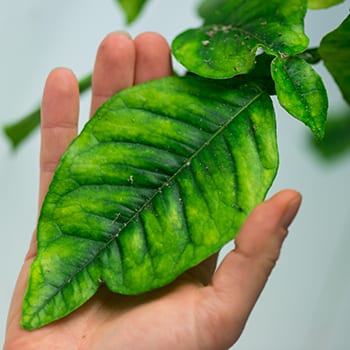
New research finds that the Asian citrus psyllid responds to the citrus greening bacterium by producing an oxygen-transporting protein called hemocyanin. The protein not only turns them blue, but suggests that they are trying to fight off the infection.
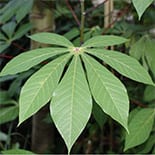
Cassava geneticist Ismail Yusuf Rabbi from the International Institute of Tropical Agriculture (IITA) in Ibadan, Nigeria visited BTI and Cornell University last week to discuss his ongoing collaboration with NextGen Cassava.

The offices of data scientists at BTI emptied out earlier this month as a contingent of researchers flew to San Diego for the 25th annual Plant and Animal Genome Conference.

Michelle Cilia has been selected to receive a Presidential Early Career Award for Scientists and Engineers (PECASE), which recognizes outstanding, government-funded scientists who show great potential for becoming leaders in their field and for expanding the frontiers of scientific knowledge.

Cultivating a disregard for day length enabled humans to introduce tomatoes to the Mediterranean region.

The collaboration works with breeding centers around the world to develop tools to make the process of adding a trait into an existing, high-yield crop variety more efficient.
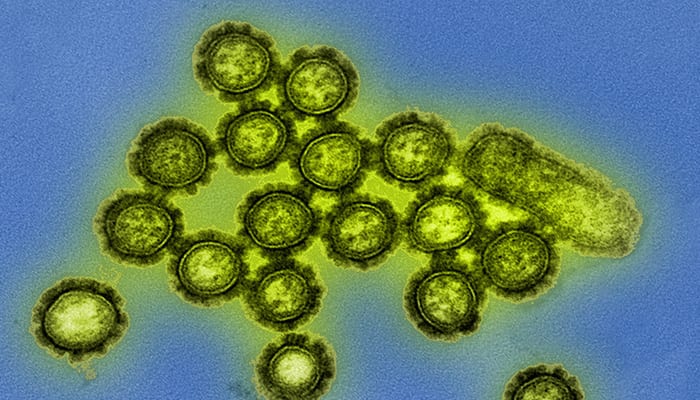
The Fei lab releases VirusDetect, an automated bioinformatics pipeline that efficiently detects viruses and viroids from large-scale, small RNA datasets.
Citrus growers are uniting to save their groves from citrus greening disease and to fund research into solutions, but growers in California face different challenges than those in Florida, report BTI and USDA researchers.

“Food security is a mixture of all the different aspects of agriculture. It’s not just growing the food,” said Proctor. “It’s not just planting something in the ground – there is a lot more to it.”
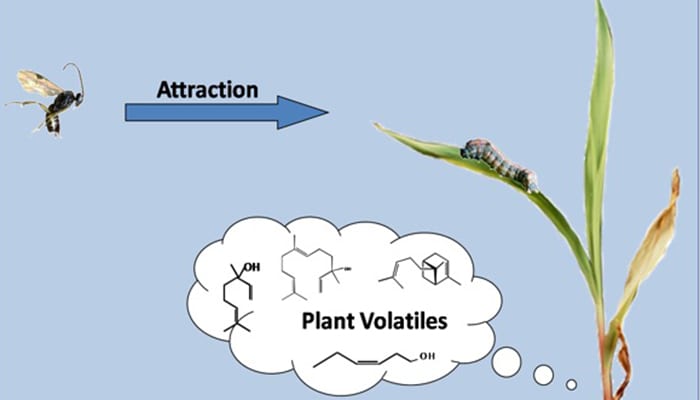
Insect damage triggers volatile compounds that attract caterpillar-killing wasps.
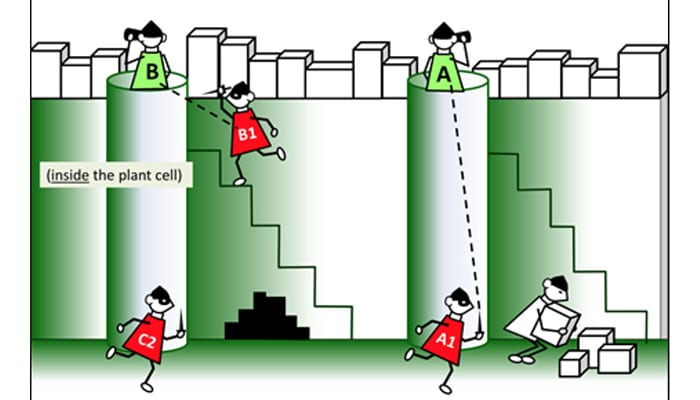
Researchers in the Martin lab develop a new technique to study the arms race between plants and the bacteria that infect them.

The five-year grant is given to innovative, early career scientists to support high-risk research with the potential to make significant contributions to the field.

A new paper from the Cilia lab reports that the Asian citrus psyllid mounts an immune response against the bacterium that causes citrus greening disease – a discovery that may be useful for developing a treatment against the devastating epidemic.
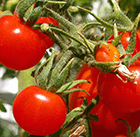
Professor Greg Martin and colleagues received an NSF grant to pursue research into resistance against bacterial speck disease in tomatoes.
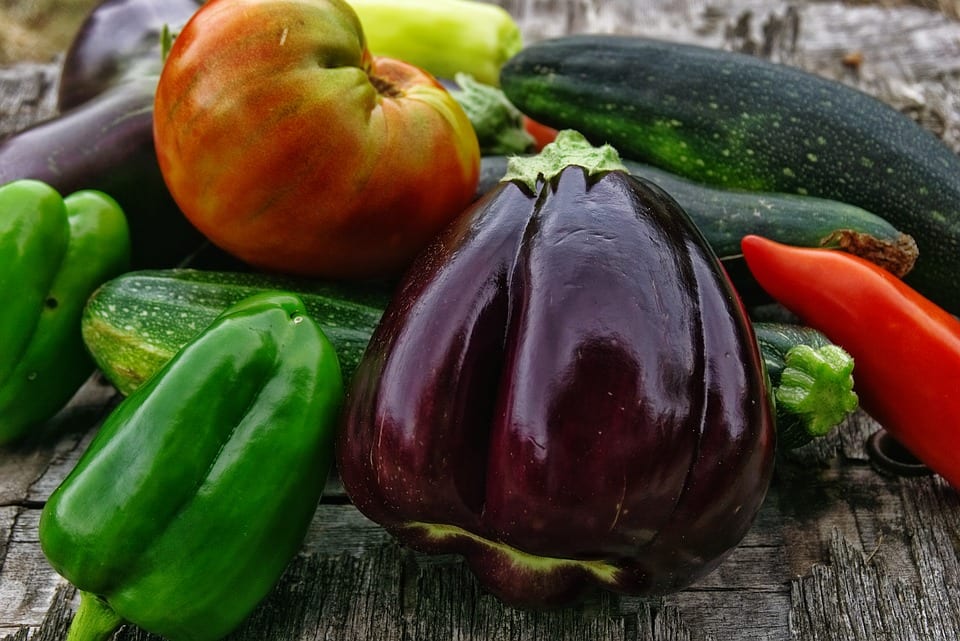
Many BTI researchers will present their latest research at the 13th annual SolGenomics Conference, Sept. 12-16 in Davis, California.
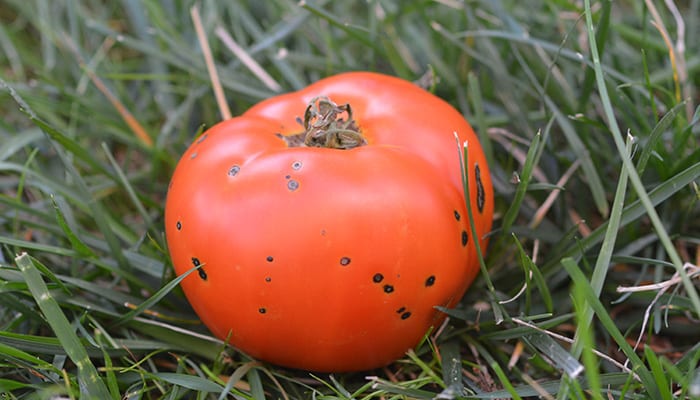
Researchers at BTI and Virginia Tech find a new bacterial detector in tomatoes that could help other crop plants to be more disease resistant.

An improved protocol cuts the time it takes to modify a tomato’s genome from 17 weeks to 11, accelerating research into ways to breed more productive crops.

Tune in to BTI’s David Stern on People Behind the Science: Growing Our Understanding of Photosynthesis to Improve Plant Metabolism

BTI’s Gary Blissard and Michael Kanost of Kansas State University led a team of 114 researchers from 50 institutions and 11 countries to sequence the genome of this important insect model.

An international group of computer programmers gathered at BTI to create a single interface that will connect databases from breeding programs worldwide
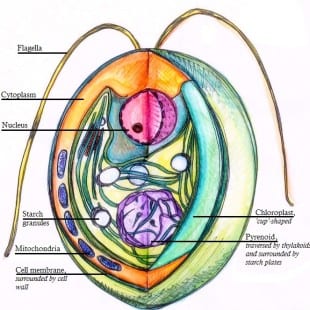
In a new paper in the Journal of Biological Chemistry, Stephen Campbell and David Stern show that chloroplast extracts from C. reinhardtii can cut an interrupting insertion from a protein, but only in the light.

When C. elegans larvae face starvation, they clump together in a mass of worms, which increases their lifespan. BTI researchers will explore this fascinating social behavior.

A group of students and experts work together through video conferencing to identify the genes in the genome of the newly sequenced Asian citrus psyllid, the insect that spreads the bacterium that causes citrus greening disease.
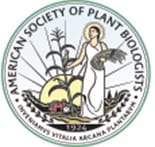
Postdoctoral researcher Vered Tzin received support to present her work at the American Society for Plant Biology annual meeting in July, and Cairo Archer received an undergraduate research fellowship to support her summer research in the Jander lab

Tanksley made invaluable contributions to plant breeding and genetics, laying the foundation for targeted crop improvements to increase food security.















































